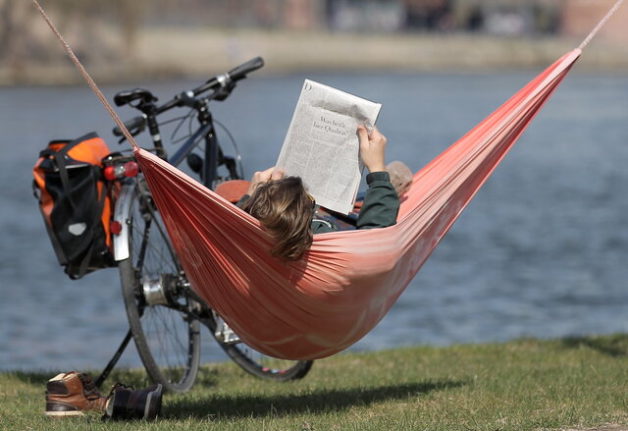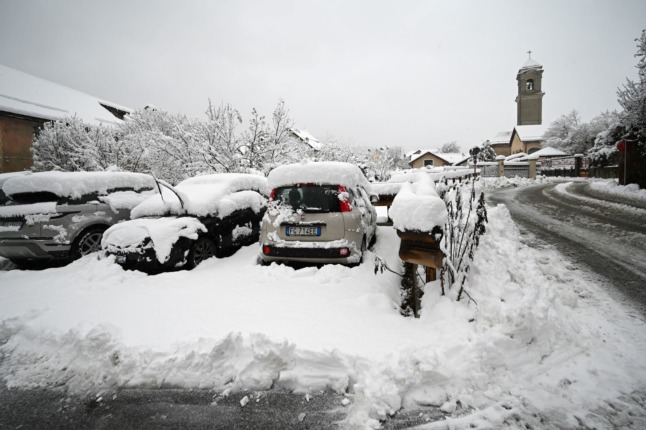A Brazilian activist who planned to collect plastic waste in her village, a television reporter who wanted to stop announcing negative news for four weeks, and an American pastor who wants to stop hating were among the applicants for the award.
The worldwide response to the scholarship for doing nothing set up by the Hochschule für bildende Künste Hamburg (HFBK), and endowed with a one-time payment of €1,600, came as a surprise to initiator Friedrich von Borries.
“I’m really happy,” Borries said on Thursday. “The scholarship is aimed at questioning the mechanisms of achievement-based thinking and invites people to think about how their own reality connects with climate change and social and political structures.”
From some 2,900 applicants from 70 countries, the jury selected three winners – all women, and all from Germany.
Their projects and all other submissions can be seen until July 18th at the Museum für Kunst und Gewerbe Hamburg as part of the exhibition “School of no consequences. Exercises for a different life”.
For the three winners, “doing nothing” meant doing without something that would have social or financial consequences for them.
One of the winners, Muslim feminist Hilistina Banze, said that: “I won’t wear my headscarf for a week.”
An integration counsellor from Hamburg, she wants to show her hair, which is three millimetres long, and thus counteract several clichés simultaneously. In doing so, the 31-year-old – like many other applicants – wants to confront the expectations that are placed on women by modern society.
The jury said it was impressed by “the radicality and the complexity of the experiment and is curious to see what Hilistina Banze experiences as a woman, a Muslim, and a feminist.”
The second winner, Mia Hofner, a student from Cologne, plans not to generate any usable, personal data about herself for a fortnight.
In practice this means no smartphone use, no checking emails, no online shopping – all activities that many other applicants wanted to do without because they consume too much energy, put a strain on social relationships, and tempt them to consume.
Lastly, Kimberley Vehoff, a food technology specialist from Bad Fallingbostel in Lower Saxony, is going to give up her job because her social relationships are suffering under the rotating early, late and night shifts she is required to work.
“Kimberley Vehoff speaks for many of us when she expresses a fundamental dissatisfaction with the economic constraints and pressure to achieve placed on us by contemporary society,” said Tulga Beyerle, jury member and director of the MK&G.
“We live in a time in which we are trained to succeed. Everything we do should be as consequential as possible,” says Borries. “But this way of thinking has led to the ecological and social crisis in which we live today, and due to which a great many people are suffering.”
“That’s why I think it’s important to at least critically question this path, and to ask ourselves what a life would look like that doesn’t have negative consequences for others.”
SEE ALSO: 10 German words you need to know to engage in the climate debate




 Please whitelist us to continue reading.
Please whitelist us to continue reading.
Member comments